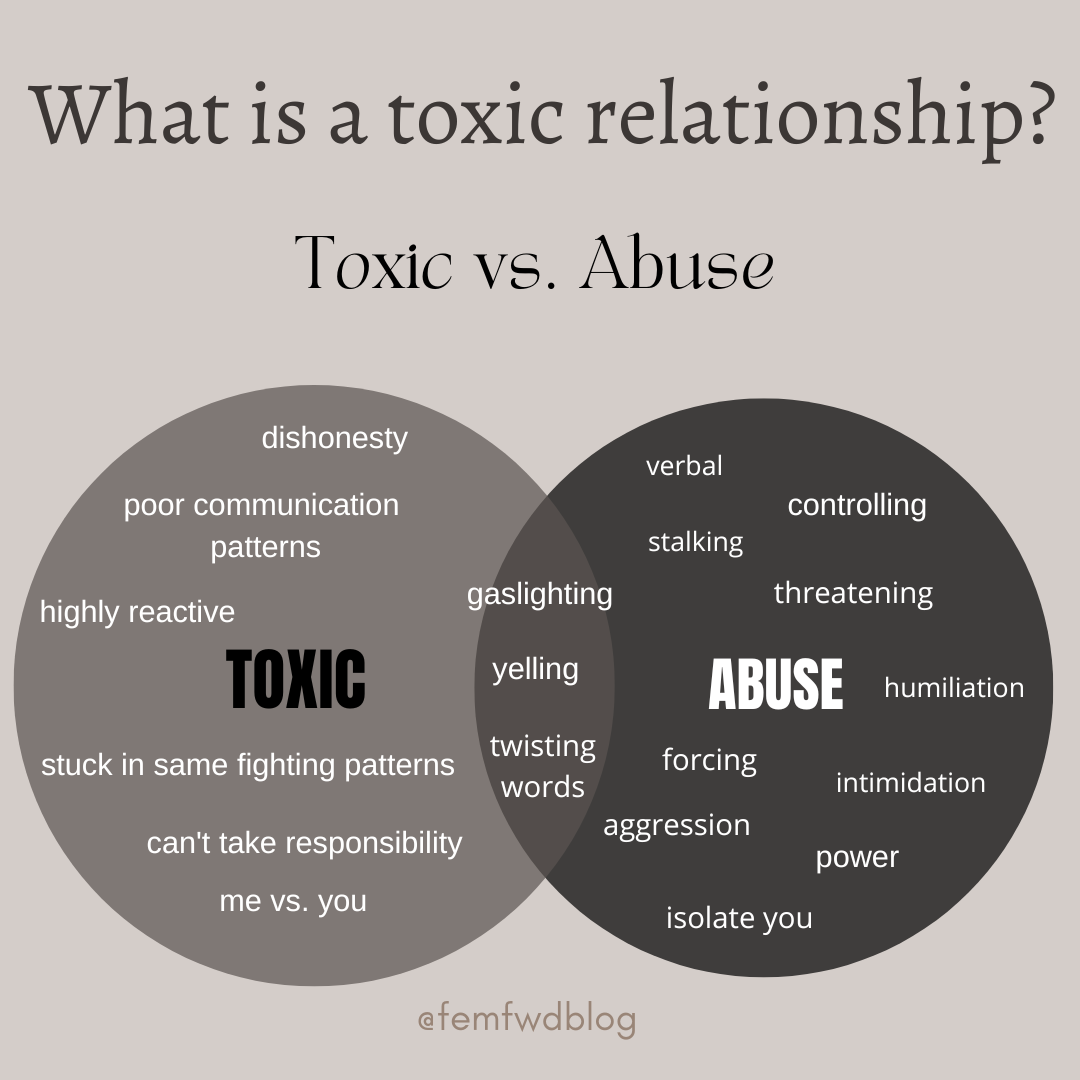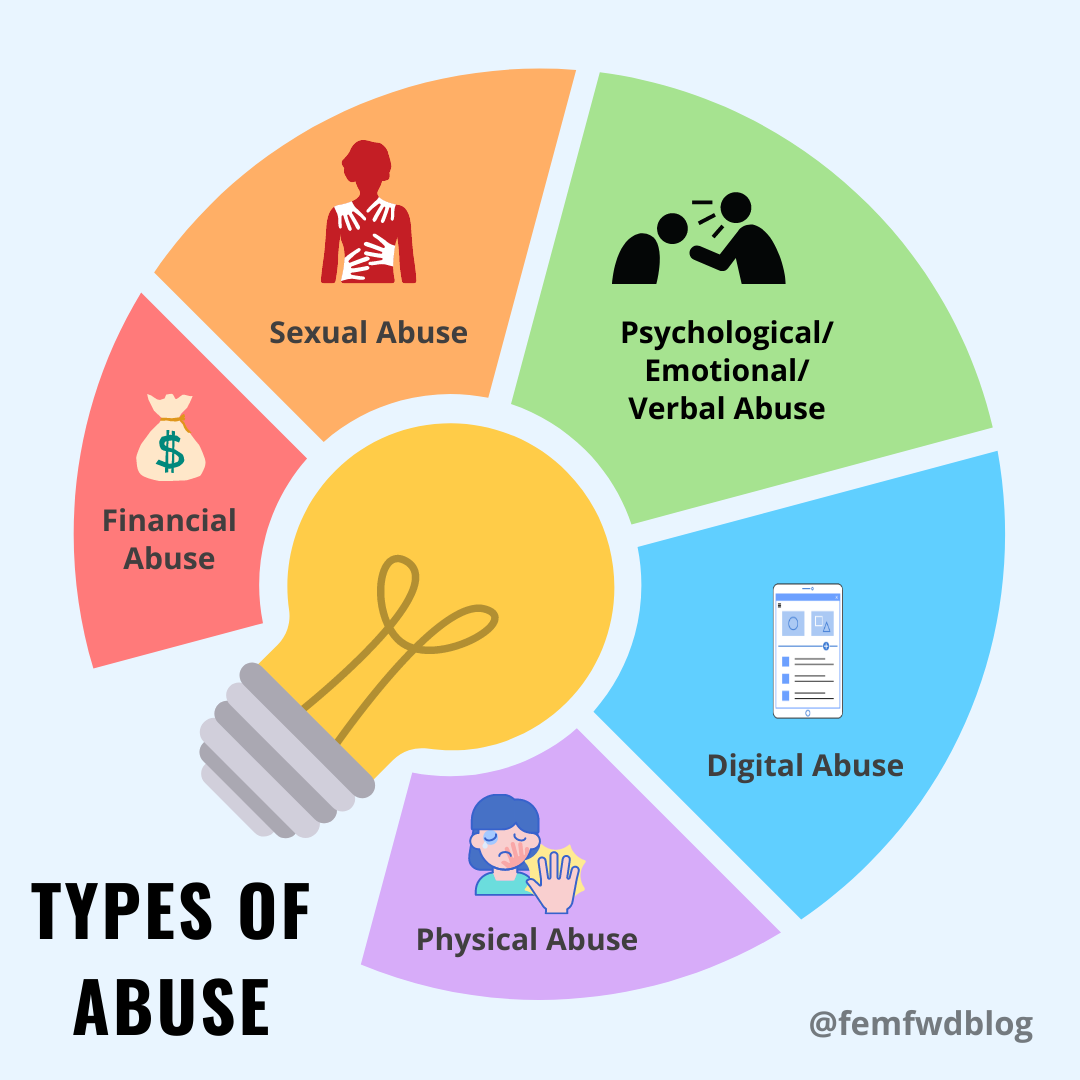Am I in a Toxic Relationship? What are toxic relationships?
If you are wondering if you have a toxic relationship, then you noticed something that is amiss or lacking. You probably feel drained, worse, confused, or hopeless in your relationship. Many people throw around the word toxic. It is definitely a buzz word these days. How do you know if you or your partner have toxic behaviors? How can you tell if it is you or the other person? What are toxic characteristics? Do you possess any of these behaviors?
Read our article “Am I Toxic” to learn more about whether or not you posses some toxic traits.
Do you have a toxic relationship?
A toxic relationship is a pattern of having strained and unhealthy interactions with your partner that compromises the security and stability of the relationship. You have more negative feelings than positive when you are with your partner. You notice that your pattern of interacting doesn’t unite you and make you stronger. Rather, you feel torn down and defeated. There is simply more bad times than good times with your partner or maybe you are wondering if the relationship is worth the effort.
What are signs of a toxic relationship?
You or your partner may have learned some very unhelpful or unhealthy ways of communicating. This can come in the form of passive-aggressiveness, passive communication, or flat out aggressiveness, but it is usually butts right up to the fence of abusive behaviors. Toxic patterns are unhealthy, do not promote growth in a relationship, tear down a relationship, and make you and the other person feel bad.
When we have toxicity in our romantic relationships, it’s likely those pattern of communication follow us into other important relationships. Feel like you or your partners toxic traits are impacting parenting? Check out our parenting workshops.
Below are 11 toxic traits:
Gottman’s 4 Horsemen
Criticism: Being highly critical of your partner and their behaviors, which is a form of verbal hostility, aggressiveness, or attack.
Contempt: Treating your partner with disrespect, such as, ridiculing, chastising, belittling, mocking, or being sarcastic.
Stonewalling/ silent treatment: Withdrawing from a conversation, which is usually in reaction to contempt. However, you may shut down and disengage from your partner or whenever there is conflict.
Defensiveness: Responding in a defensive way to protect yourself, and is usually in retaliation to criticism. However, it rarely is effective and reinforces the problematic dynamics between you and your partner.
Highly reactive: Any time you or your partner try to address a problem, one person reacts very strongly, which creates a pattern of shutting down and hesitation to bring up problems.
Stuck in the same fight: You have the same fight over and over, but there is no resolve.
Can’t take responsibility: You or your partner struggle to admit their responsibility. One person is always at fault.
constantly apologizing or never apologizing
taking the blame or blaming your partner
asking what you can do better or never feeling like your partner is good enough
Feel like you are walking on eggshells
Dishonesty: You or your partner tells a white lie or has a pattern of not telling the truth.
Me vs. you mentality: Someone is focused on themselves and not the unite or relationship. This gets in the way of have a collaborative problem-solving approach to conflict.
Patterns of jealousy: You are suspicious they are cheating on you. You are constantly comparing.
You always ask your partner about their past relationships needing excessive reassurance.
You check their social media:
You want to see who they are friends with and make comparisons.
You bring up past fights or problems during an argument.
You look at what pics they like or make comments on.
You go through their friends on social media.
You might follow them somewhere.
You only want them to talk to people you approve of.
Love tests: You test your partner often to see if they really are committed to you and love you. This might show up in wanting your partner to:
text you every morning and throughout the day
you get uneasy and get panicky if they don’t text back right away or soon
you guys get into fights or arguments over these tests
Patterns of resentment: You blame your partner constantly for not helping around the house.
You might belittle or criticize your partner for being lazy, pathetic, and useless.
You harbor resentment and maybe disgust, and it comes out often.
Needs go unmet: You go to your partner with a problem you are having in the relationship, but you notice that you feel ignored, your needs are invisible, or you are not a priority.
Toxic communication skills: One or both people struggle to communicate effectively and assertively.
A person is not sharing their needs or expectations in a clear or direct way.
A person struggles to know how they are feelings and can’t communicate their feelings.
A person person brings up past things into the argument.
A partner is disrespectful or brings up topics inappropriately.
If toxic communication sounds like you or your partnership, read out article on effective communication to learn more about how to communicate differently.
Toxic trait quiz
If you are asking yourself these questions, then you are in luck. Here is a link to get our in depth toxic relationship quiz. We will send it to your email right away. You can take it to learn about yourself and determine if you have any toxic traits. It also has an answer key that allows you know what are the healthier or non-toxic traits. Better yet, your partner can take it too.
Things Toxic Partners Say
Of course, these are all examples and I have not outlined any context to these statements. However, if you hear these types of statements coming out of your partners mouth, your ears should probably perk up a bit.
“Sorry. I didn’t know you were so sensitive.”
“You’re so dramatic.”
“You’re being crazy. You know I didn’t mean it like that.”
“Why are you giving me such a hard time? It’s not that big of a deal.”
“You really don’t deserve someone like me. You’re lucky to have me.”
“You see what I have to put up with? You’re lucky I love you.”
Toxic Relationship Quotes
If any of these hit home, that’s another telltale sign you might be in a toxic relationship
“We should fight for our relationships, but if fighting means ripping yourself to shreds and piggybacking all his demons, you need to leave.”
– Tara Love“Love should not make you feel like walking on eggshells.”
– Emma Xu“Don’t confuse “familiar” with “acceptable”. Toxic relationships can fool you like that.”
― Steve Maraboli
“Stop being confused… Let this sink in. People who are malignantly toxic do not LOVE; they USE.
Replace the word, “Love”, with the word, “Use”, and you’ll clear up the confusion between their words and their actions.
Next time they communicate, follow the Love/Use replacement and it will all make sense.
“I use you with all my heart.”
“I will always use you.”
“I use you so much.”
“I will never use someone as much as I use you.”
“I use you more than you will ever know.”
“I will use you forever.”
I know it’s not easy to hear, but the most vital boundaries of emotional self-defense begin with a revelation of an uncomfortable truth.”
― Steve Maraboli
Abusive Relationship: What is an abusive relationship?
Abuse is a persistent pattern when someone is trying to establish and maintain power and control over another person. It can be slow (a.k.a or fast) and almost impossible to see while you are in the relationship, but usually trusted friends or family members can see it. It usually starts with a (1) honeymoon period, (2) tensions start to build, (3) violence/aggression, and (4) reconciliation or calmness. The cycle or pattern repeats. They may isolate you from friends, co-workers, and control who you can see or talk with, including social media.
Seek professional help if you are in an abusive relationship or feel threatened in any way.
Visit the domestic abuse hotline if in this situation.
Text: START or 88788
Call: 1-800-799-7233 or 911
Chat: There is a chat feature on the website above.
Abusive Relationship Signs: What are the warning signs of an abusive relationship?
Intimate Partner Violence (a.k.a. domestic violence, dating abuse, or relationship abuse) involves repeated actions used by a person to establish and maintain power and control over another in a relationship. There are different ways someone might do this. For specific examples, check out Love is Respect. Below are some different types:
Digital abuse: It involves bullying, stalking, humiliating, manipulating, threatening, or intimidating a partner using electronic devices and/or social media to exert power or control over someone.
Sexual abuse: Pressuring, forcing, or coercing someone to engage in unwanted sexually acts as well as controlling someone’s sexual activity regarding time, place, person, object, and behaviors.
Physical abuse: It is when someone intentionally comes into contact with you or something near your body that is unwanted and causes or has the potential to cause you harm, death, injury, or disability.
Financial abuse: Controlling someone’s ability to work or make money as well as controlling someone’s financial stability and security. This can also involve controlling the finances for the children.
Emotional/Psychological/ Verbal abuse: Behaviors that establish a power and control relationship through threatening, yelling, manipulating, humiliating, coercing, intimidating, isolating, excessively checking, and stalking. This can also involve threatening to take the children away.
Stalking: Watching, following, invading your privacy, or harassing you repeatedly with the intent of making you feel scared or unsafe.
Toxic relationships vs. abusive relationships
There may not be a difference in some cases between a toxic relationship and an abusive one. It really depends. Sometimes, the word abuse makes people very uncomfortable. It is way more stigmatizing to say I am in, or was in, an abusive relationship. It is also harder to say that you have been abusive or can be abusive. People may substitute the toxic for abuse because it is more palatable. However, not all toxic relationships or traits means abuse.
Relationship Advice for Women
If you found this article helpful be sure to sign up for our newsletter to stay updated on our new articles. If relationships are of particular interest to you, you’re in luck! This article is part of our toxic series. Stay tuned for information on why do I keep getting into toxic relationships, boundary setting, types of toxic relationship, and so much more.



